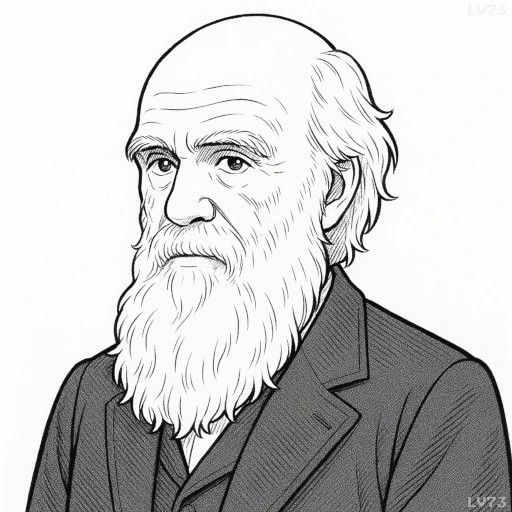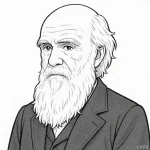“If the misery of the poor be caused not by the laws of nature, but by our institutions, great is our sin.”

- February 12, 1809 – April 19, 1882
- Born in England (UK)
- Naturalist, geologist, biologist
table of contents
Quote
“If the misery of the poor be caused not by the laws of nature, but by our institutions, great is our sin.”
Explanation
In this quote, Charles Darwin highlights the idea that human institutions, rather than natural laws, are responsible for the suffering of the poor. Darwin suggests that if societal structures, policies, and systems of inequality are the root causes of poverty and misery, then humanity is morally culpable for allowing such suffering to persist. His words point to the importance of social responsibility and the need for reform in institutions that perpetuate inequality. Darwin’s call for ethical reflection invites us to examine how our collective systems, such as economics, government, and social welfare, contribute to or alleviate human suffering.
Historically, Darwin’s reflections were influenced by the social and political climate of the Victorian era, which was marked by stark economic divides. While Darwin himself was focused on the biological sciences, he was aware of the wider social implications of scientific ideas, including how human beings should treat one another within society. His mention of “the laws of nature” contrasts with the moral responsibility of institutions, acknowledging that while nature itself is often indifferent, human society has the power—and responsibility—to shape conditions for the betterment of all. This idea resonates with Darwin’s own belief in evolutionary progress, where social and ethical progress, not just biological, is essential for the survival and flourishing of society.
In modern times, this quote remains relevant in discussions of social justice and the root causes of poverty. Issues like economic inequality, discrimination, and lack of access to basic services are often viewed as the result of institutional choices rather than natural forces. For example, the distribution of wealth, access to education, healthcare, and housing, all depend heavily on the policies and institutions that govern society. Darwin’s quote challenges us to confront and correct systems that perpetuate inequality, reminding us that addressing the root causes of human suffering requires moral courage and institutional change. It calls for a collective responsibility to ensure that poverty and misery are not merely the result of natural circumstances, but rather the consequences of societal choices that can and should be changed.
Would you like to share your impressions or related stories about this quote in the comments section?


